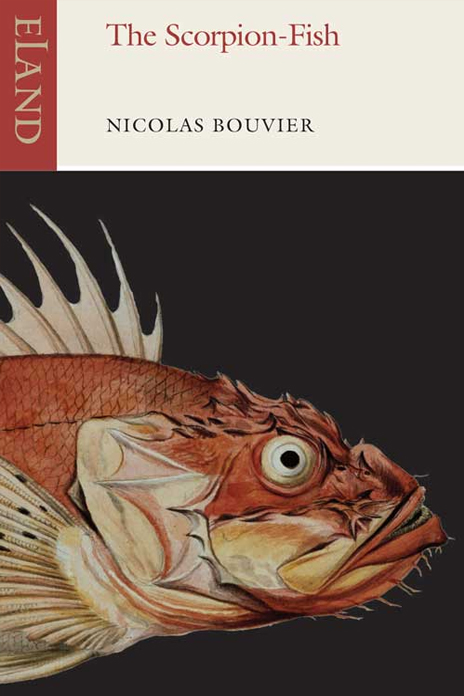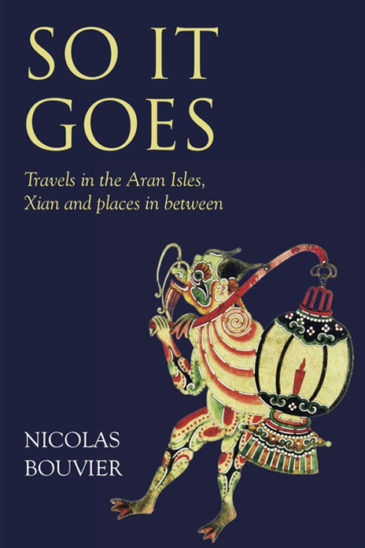In Nicolas Bouvier’s The Scorpion-Fish, the distinction between fact and fiction is blurred, but in this world of the imagination truths are sometimes crystal clear.
On an unnamed island that can only be Ceylon, the traveller checks into his 117th rented room, abandoned by his lover, almost broke and feverish. A book on Indian insects deepens his morbid fascination with the crawling inhabitants of this room; a pretty world of killers, barely distinguishable from the insect like habitues of the local café, the charlatans and fake exorcists, the indolent landowners, merchants and priests. In this exhausted state, he grows antennae that are ‘tensed between the real and the occult.’
A long- dead, levitating priest and the beautiful but deadly scorpion-fish, symbol of Bouvier’s ambivalent relationship with the Island, are but two of the spectres which eventually lose their hold on the author, releasing him back to life.
Reviewed by John Keay in Slightly Foxed Issue 54.
Stranger in Paradise
JOHN KEAY
The beauty of short books is that you can afford to read them more than once. In the case of Nicolas Bouvier’s The Scorpion-Fish I read it through and then double-read it. In other words, on the second reading I read each page twice before turning to the next. With just 30 lines a page and 140 pages, it didn’t take long. It was entirely pleasurable and I felt I owed it to an author I’d once had breakfast with.
Initially I’d settled for a hurried skim. An hour later I’d returned to the contents page intrigued, unsettled and still not sure what sort of book it was. The narrative, in so far as it had one, was too surreal or a memoir, too static for a travelogue. Beginning with one departure, it ended with another, and not much happened in between. Where and when the not-much happened was also unclear. The setting had to be inferred. It was an unnamed island in the tropics but only the cover blurb identified it as Sri Lanka. The text made so little distinction between observation and hallucination that one couldn’t be sure of anything. Nor were the characters any help, they being mostly insects. The one articulate exception, a levitating reprobate in tiny bootees and a clerical soutane, turned out to have died six years earlier. So far, so weird. But six years earlier than when? The chronology was as under-reported as the geography. In withholding even the most basic information, The Scorpion-Fish seemed intent on exploring the potential of the anti-travelogue . . .
Stranger in Paradise
The beauty of short books is that you can afford to read them more than once. In the case of Nicolas Bouvier’s The Scorpion-Fish I read it through and then double-read it. In other words, on the...
Read moreAd Hoc through Afghanistan
Which century are we in? Which country? Nicolas Bouvier’s vignette in The Way of the World won’t puzzle those of us (a rapidly dwindling cohort) who can remember Afghanistan during the reign of...
Read more








